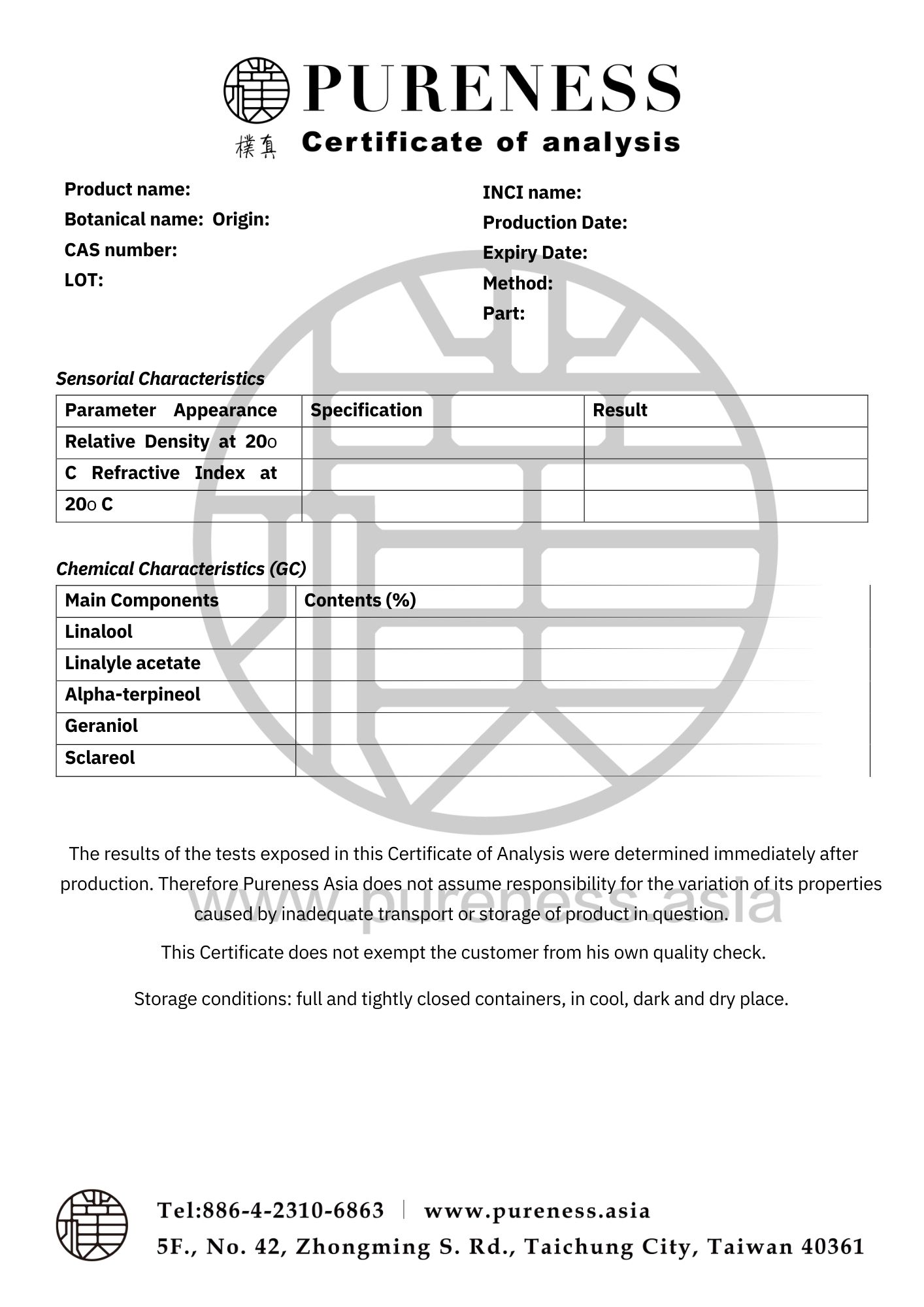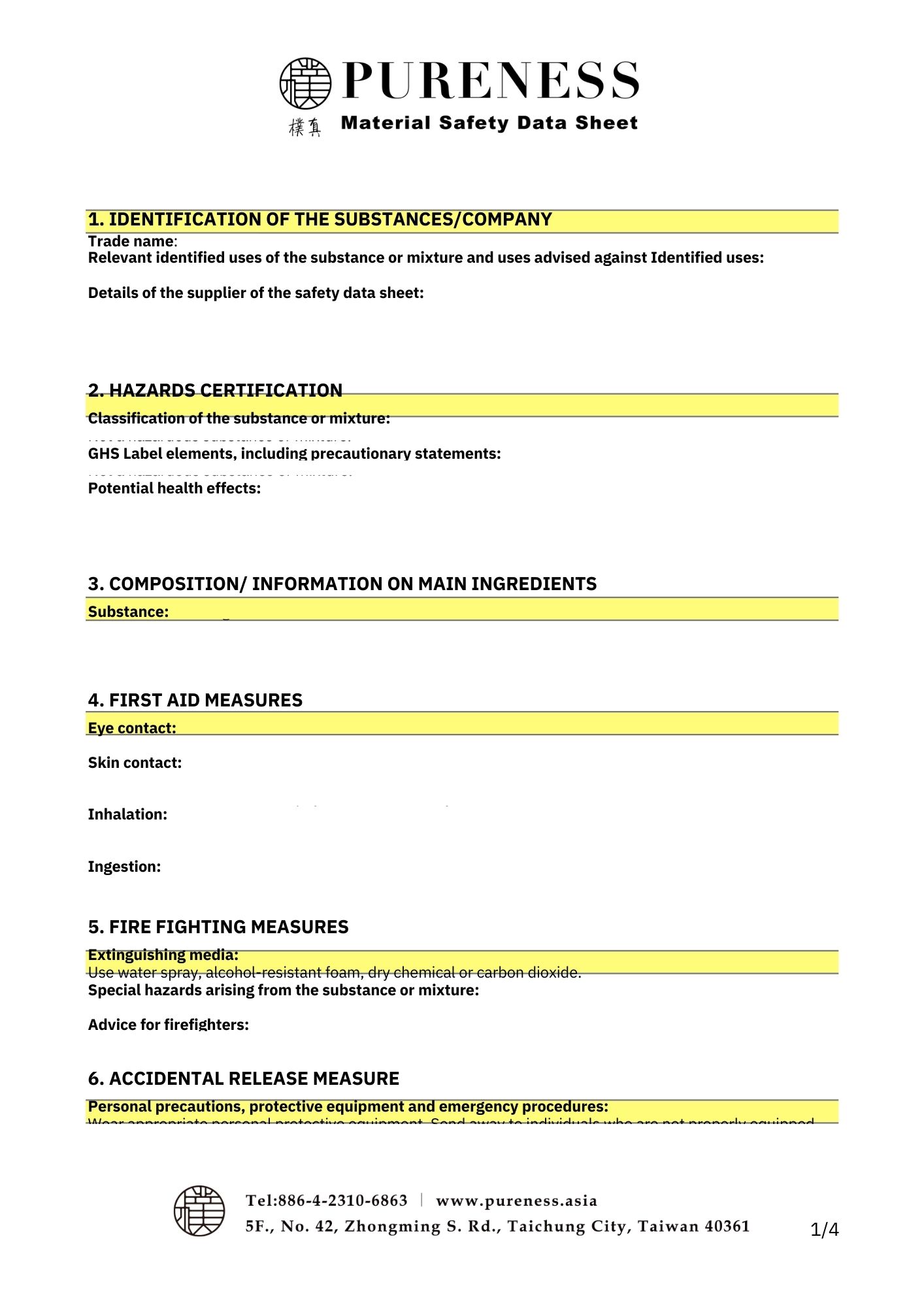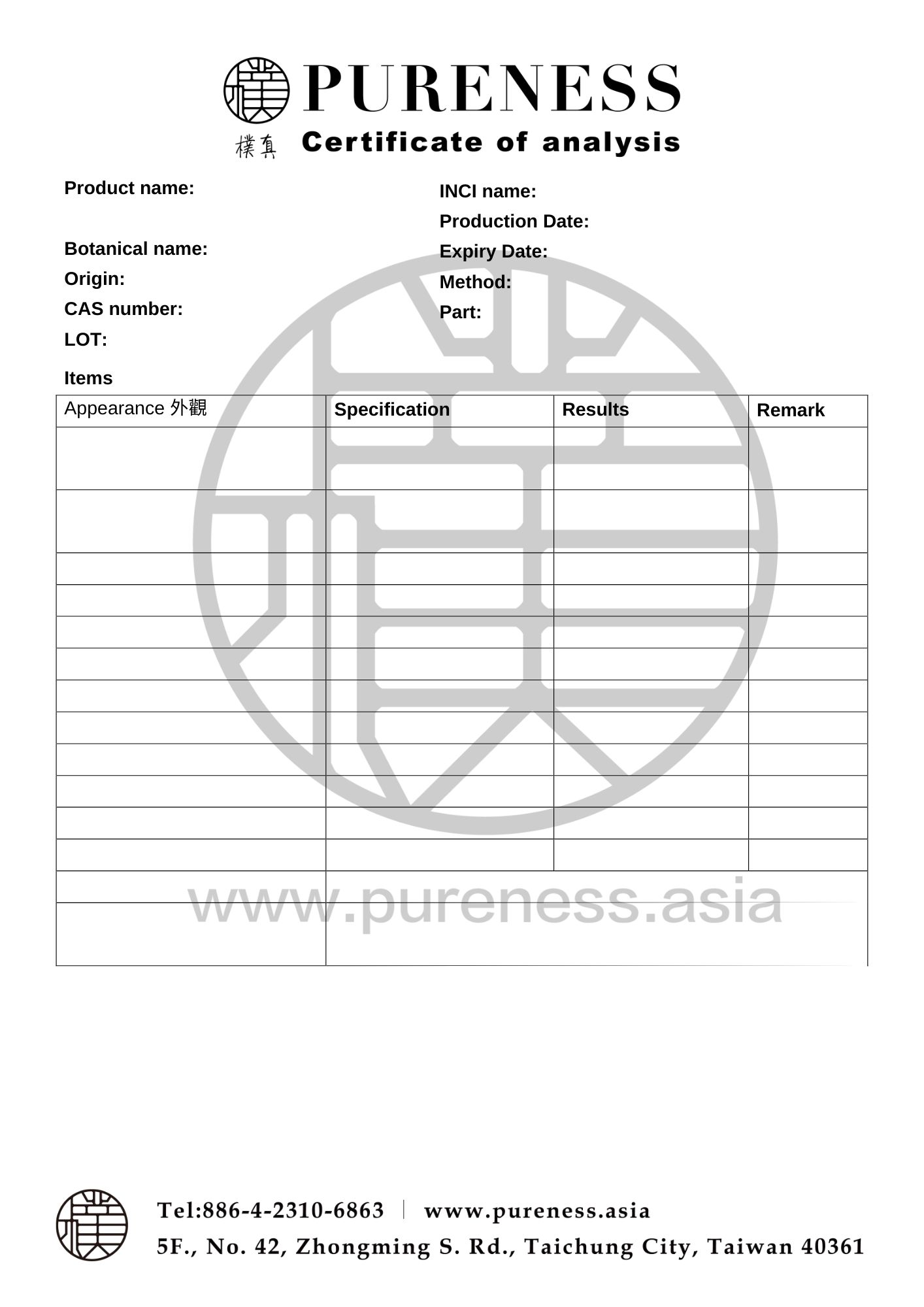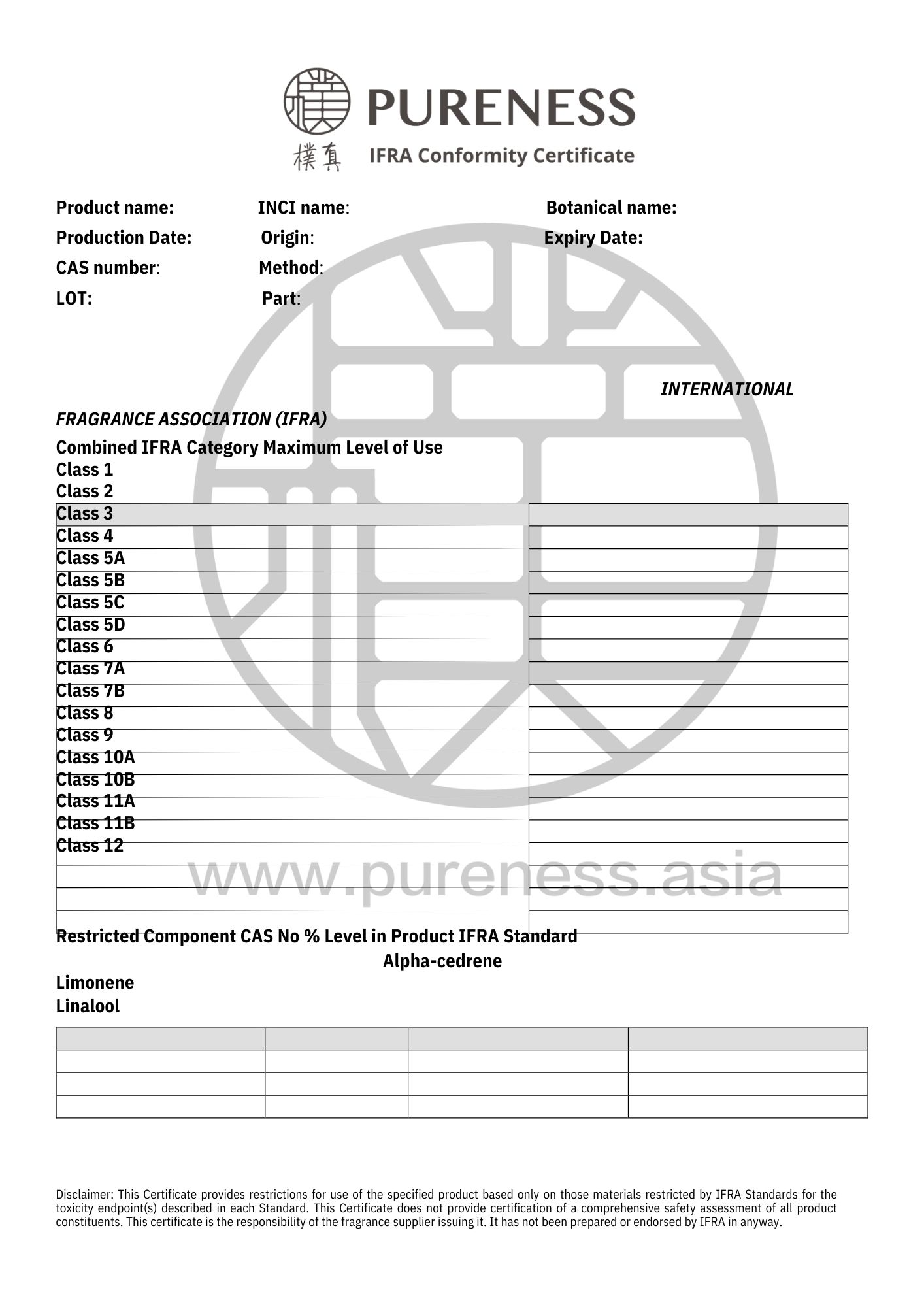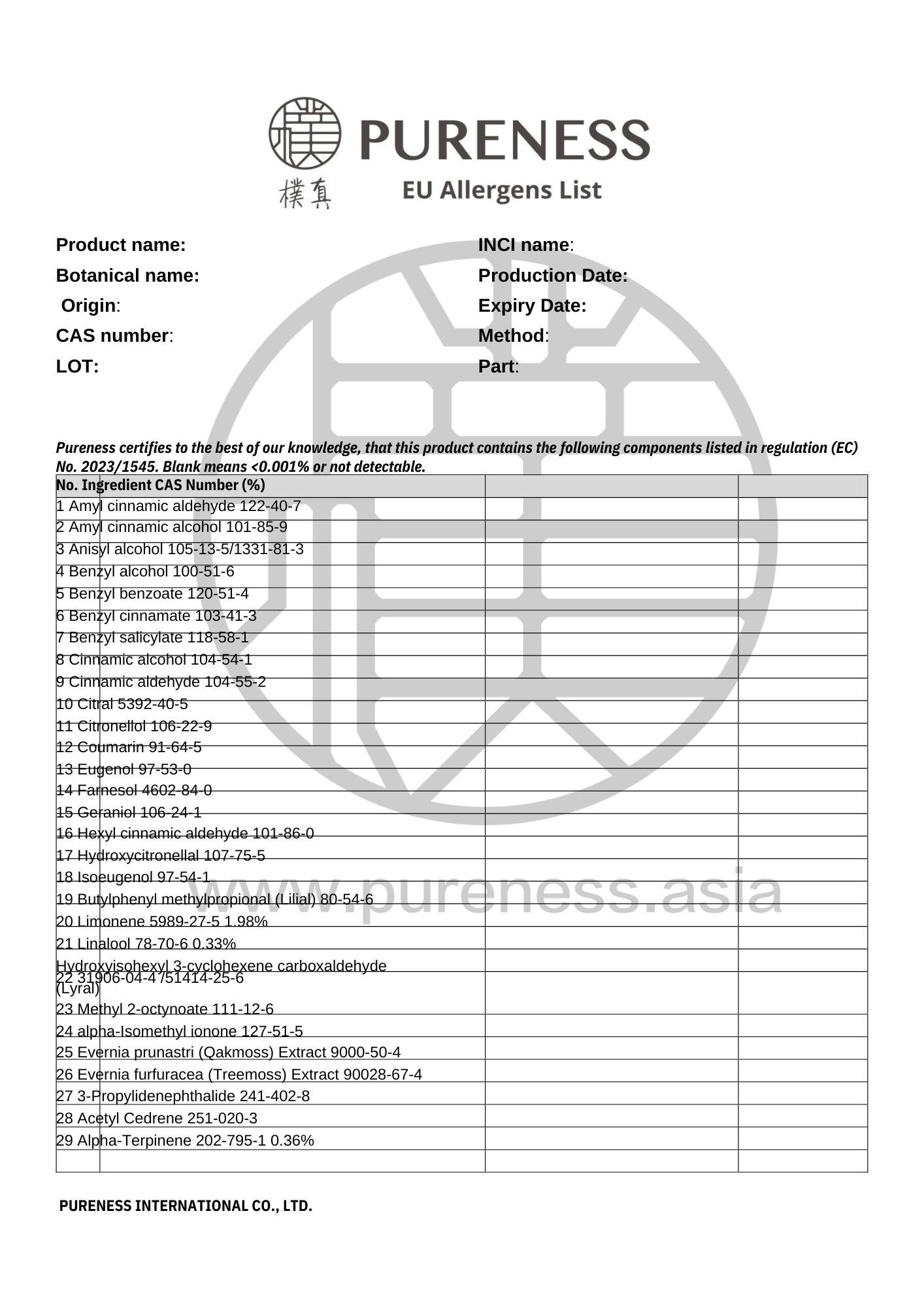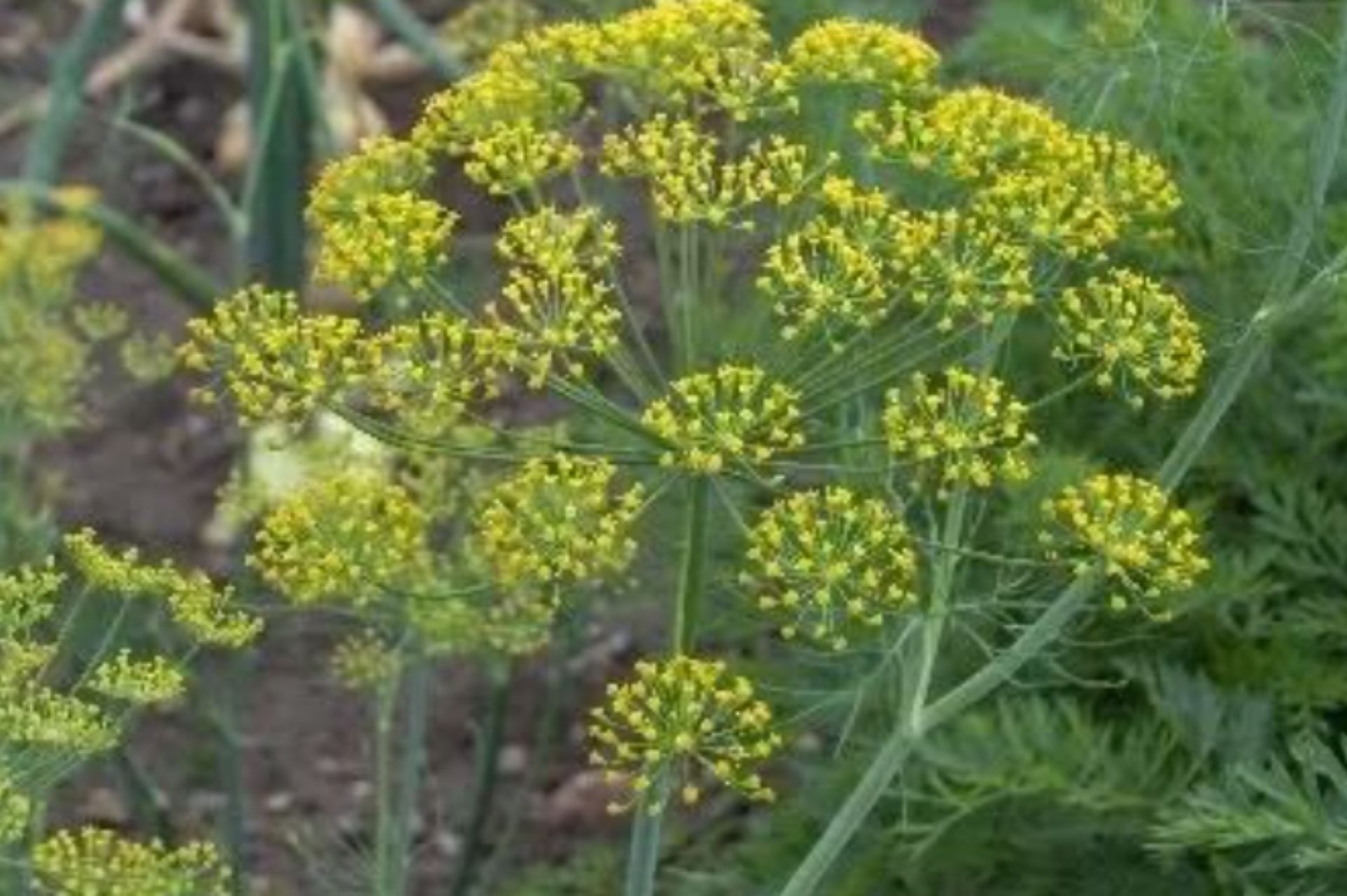
Dill
Scientific name|Anethum graveolens
Origin|USA
Classification|Spices series
Specifications|500g-25kg Please contact sales for details
Extraction part|Whole plant
Extraction method | Distillation
Plant family|Apiaceae
Aroma|Rich green grass scent with a sweet, gentle herbal aroma
▎Essential Oil Introduction
Dill, known scientifically as Anethum graveolens L., is a biennial herb in the Apiaceae family. It is also referred to as dill, dill weed, or wild fennel. Native to the Mediterranean region and southern Russia, dill typically grows to about 60-75 cm tall with upright, smooth stems. Its leaves are alternate, long-petioled, and feature sheathing base leaves.
According to ancient Egyptian texts from 5,000 years ago, dill was already used as a medicinal plant at that time. Its cultivation can be traced back to around 400 BCE, and it is mentioned in the Old Testament. In Greece, it was known as Anethon and was used as an ingredient in wine, known as "fennel wine."
▎Component Analysis
|Main component: Monoterpenes
The main components are carvone (also known as carvol or dill ketone), α-phellandrene (water fennel terpene), eugenol, limonene, terpinenes, and myristicin.
|The difference between dill and dill seeds
| Item | Dill | Dill seed |
|---|---|---|
| Extraction part | Whole plant | Seed/Fruit |
| Aroma | A sweet and gentle, rich and smooth herbal aroma | With hints of mint and caraway |
| Chemical component | Carvone, α-phellandrene | High content of carvone (approximately 40-50%) and limonene (approximately 0-55%) |
| Cautions | Contains fewer ketone components, suitable for use in infants with abdominal pain (colic) | Not suitable for infants or pregnant women |
|Research Validation
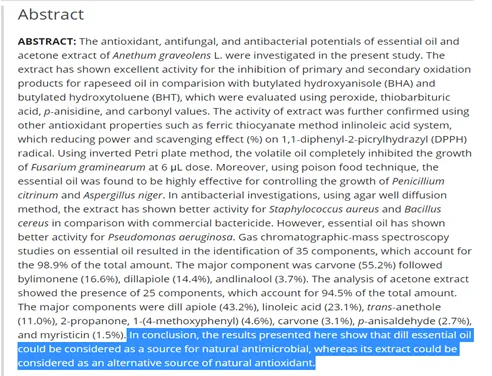
▸ Dill essential oil can be considered a natural source for warding off pathogens, and its extracts can serve as a natural alternative for delaying oxidation.
|Raw Material Certifications
To obtain relevant certification information, please contact us on WhatsApp.
▎References
- Hajji M, et al. A water-soluble polysaccharide from Anethum graveolens seeds: Structural characterization, antioxidant activity and potential use as meat preservative. Int J Biol Macromol. 2021.
- Talebi F, et al. Effect of dill (Anethum Graveolens Linn) seed on the duration of labor: A systematic review. Complement Ther Clin Pract. 2020.
- Shafaei N, et al. Protective Effects of Anethum graveolens Seed's Oil Nanoemulsion Against Cadmium-Induced Oxidative Stress in Mice. Biol Trace Elem Res. 2020.
- Haidari F, et al. The effects of Anethum graveolens (dill) powder supplementation on clinical and metabolic status in patients with type 2 diabetes. Trials. 2020.
- Kaur N, et al. Antioxidant activity of Anethum graveolens L. essential oil constituents and their chemical analogues. J Food Biochem. 2019.
- Idiz C, et al. EFFECTIVENESS OF ANETHUM GRAVEOLENS L. ON ANTIOXIDANT STATUS, THYROID FUNCTION AND HISTOPATHOLOGY. Acta Endocrinol (Buchar). 2018.
- Mohammed FA, et al. Anethum graveolens (dill) - A medicinal herb induces apoptosis and cell cycle arrest in HepG2 cell line. J Ethnopharmacol. 2018.
- Altay M, et al. Does Use of Anethum Graveolens Affected Thyroid Hormone Levels and Thyroid Nodules? Am J Ther. 2017.
- Goodarzi MT, et al. The Role of Anethum graveolens L. (Dill) in the Management of Diabetes. J Trop Med. 2016.
- Pattanittum P, et al. Dietary supplements for dysmenorrhoea. Cochrane Database Syst Rev. 2016.
- Bower A, et al. The Health Benefits of Selected Culinary Herbs and Spices Found in the Traditional Mediterranean Diet. Crit Rev Food Sci Nutr. 2016.
- Mirhosseini M, et al. Anethum graveolens and hyperlipidemia: A randomized clinical trial. J Res Med Sci. 2014.
- Singh, G.; Maurya, S.; Lampasona, MP; Catalan, C. (2005). "Chemical Constituents, Antimicrobial Investigations, and Antioxidative Potentials of Anethum graveolens L. Essential Oil and Acetone Extract: Part 52". Journal of Food Science. 70 (4): M208–M215.
|Some images sourced from the internet. Contact for copyright removal|
